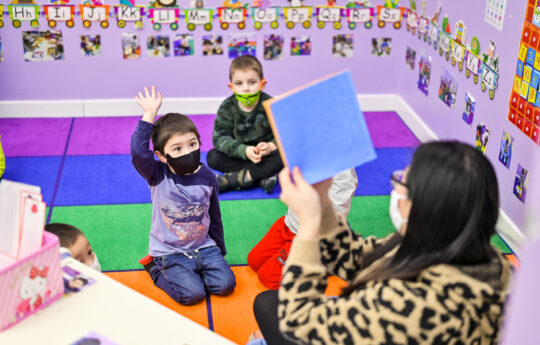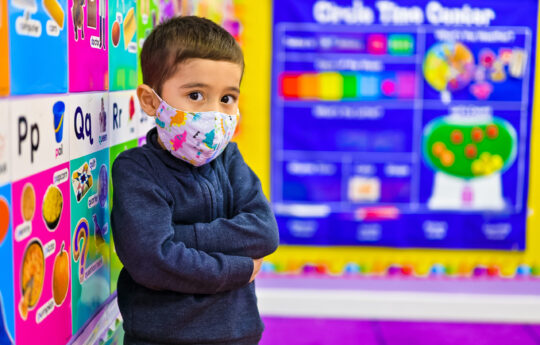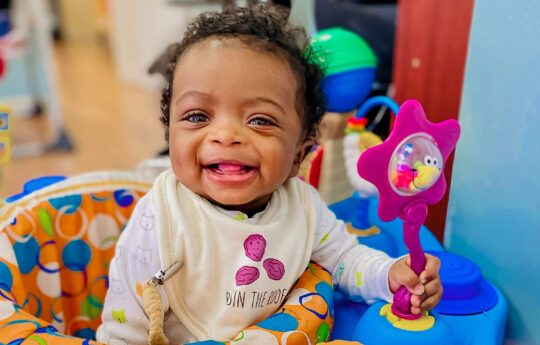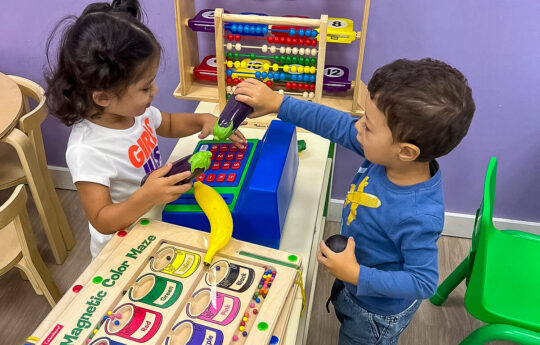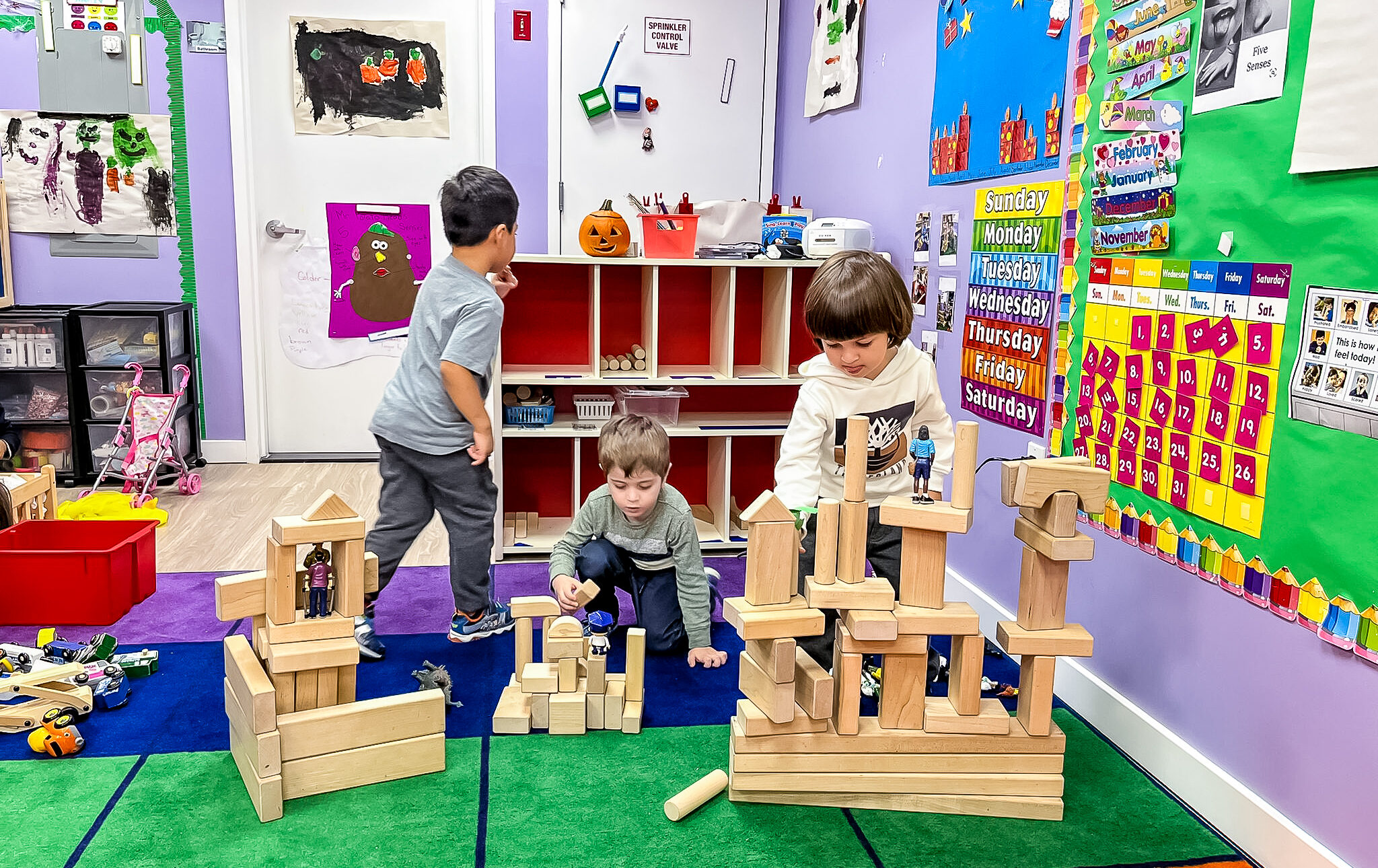
Unfortunately, almost all parents are facing the problem of a fight at daycare. Sometimes the children start fights in the daycare or suffer from the aggressive behavior of other kids.
We will look into the most common reasons why your child stopped listening to you, and we will also try to find a way out of this situation together.
What Causes Child Fights at a Daycare?
Most children become overly aggressive between the ages of two and three. This trend can continue even into school age. A child can hit parents, and caregivers, and also a child can hit another kid in the daycare.
Of course, no one wants to worry about other parents’ complaints of their child fighting at the daycare. However, since the problem already exists, you need to look for ways to fix it.
Let’s see why the child loves to fight at daycare and what advice psychologists give in this situation:
- The little one checks the limits of what is allowed: what will happen if I do this? In this situation, you should explain why the baby should not behave this way and also try to divert his attention to another activity. If you show indifference and don’t pay attention to fights and whims, then in the future the baby will throw a tantrum at you over and over again.
- The kid draws attention. It’s always not the nature of an aggressive child. Maybe your little bully doesn’t feel safe enough, and therefore it’s easier for him to express his emotions through anger. When the teacher notices and will then tell the parents everything, they will finally pay attention to their baby. Thus, the child receives the dose of attention, even if it is negative.
- A fight is a form of self-assertion, through which the child splashes the accumulated energy. Often this can be a reflection of the situation in the family that makes the child angry. If conflicts often occur at home, the kid may adopt such behavior and thus declare himself among his peers.
How Do You Deal with an Aggressive child?
- It is always better to ask a professional for help. When you get to know about the occasion of a fight at the daycare first time, talk to the teacher. As a rule, they perfectly understand what to do in such cases. Caregivers, in addition to one child they can complain about, have 15-20 more children, and each of them is an individual. Parents can ask the professional what exactly happened and what is the best way to resolve this situation.
- Continue to develop your child’s communication skills. It is important to praise your child for success in communicating with adults and peers. In general, noticing any progress is much more effective than paying attention to the aggressive child only when he did something. Therefore, parents should talk more often about the fact that the child is doing something especially well.
- When something makes your child angry, try to have a trustful conversation and get to know your kid’s worries better. If he pushes, hits, or bites somebody, then this is a kind of a “red flag” – a child wants to draw attention, and for this, he needs to do something bad.
- Show by example how to communicate. Especially if the child is obedient and calm at home. Your behavior and communication with your partner may serve as a role model for a child. There is no better way to learn about the proper way of socializing than from the family patterns.
Dealing With Fights at the Daycare
It is a good idea to implement a zero-tolerance rule for the fight at a daycare as well as the playground or anywhere else. Take the time to calmly discuss your concerns about this matter.
Be serious and firm so that the child understands that you do not like his behavior and explain why you don’t approve of this way of interaction. Listen patiently to the child’s explanation of the reasons for this behavior. Don’t judge, just listen. You may hear about reasons you didn’t know about.
If the child attempts to hit you, catch him and hug him. Hold him until he calms down. After that, tell him that if he feels bad or hurt, he can tell you. If the child loves to fight with you regularly, don’t yell at him. It is possible that they unconsciously want to provoke such a reaction and thus draw your attention.
Instead, say that you are in pain and with all your appearance showing that you are offended by him, take a step back, turn around, leave the room or take him out. The child should learn that his actions have an effect on other people.
Never reward a child for being aggressive. It is important to explain to children that communication is a key to the solution to any problem.

